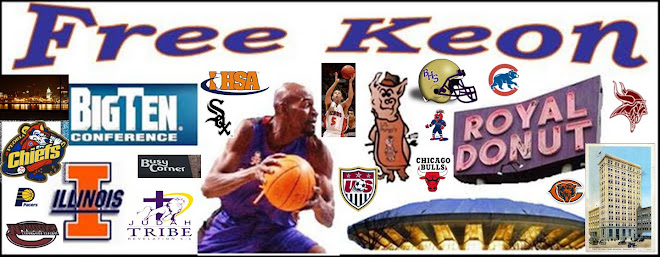Slammin' Sam on Sports Media
Recently fellow FK blogger Steve asked me for my thoughts on two Stan Musial biographies – the original 1964 book, “Stan Musial: ‘The Man’s’ Own Story as told to Bob Broeg and a 2001 work, “Musial from Stash to Stan the Man” by James N. Giglio.
Well, Steve, I’m happy to oblige, and I hope you pick the right book for your grandfather. Speaking of Steve’s request, if any of you has one, please feel free to pass it along, so I can give it the Slammin’ Sam on Sports Media rundown.
Since I’m comparing two books instead of analyzing a single one, I will format this post differently.
Making the Musial choice depends on what you are looking for. The more recent work by Giglio promises context. I’ll be darned if the 2001 book doesn’t deliver just that. Giglio, a history professor, hones in and hones in until the reader is left with the very pixels of the scene.
Reading the chapter “Growing up Poor”, for example, we learn that if not for baseball, Musial would have probably done well for himself in carpentry. (pg. 15, From Stash to Stan the Man)
Despite his stature nowadays as one of the great ballplayers of all-time, to say that Stan started out unsure of himself would be an understatement. In fact, after first signing with the Redbirds, Musial petitioned management to keep him as far away from his Pennsylvania hometown as possible. In the event that he proved to be of only marginal talent, at least folks at home wouldn’t know the difference. (29)
Giglio’s research should satiate the most ardent Cards/Stan the Man fan. It is extremely educational about “The Man” and the times in which he wielded his bat.
Broeg’s 1964 edition, by contrast, is a product of its times. The first-person account speaks in the cadences of the era. It is folksy and down to earth. You might as well be taking a stroll along the Great Plains that so befit Musial’s easygoing personality.
For starters, take a gander at a couple of the chapter titles – “A Good Joe”, “Double Whammy”, “Close but No Cigar” – Through and through the book maintains its gee whiz prose consistent with the era.
What better place to start a book and set its tone than recalling an exchange with President John F. Kennedy? Back when he was an up-and-coming senator JFK introduced himself to the baseballer. “They tell me you’re too old to play ball and I’m too young to be president, but maybe we’ll fool them.” “When I reminded him of that amusing remark (a few years later), the President chuckled. I guess we fooled them, all right, Mr. President.” (pg. 3 of the 1964 edition)
Somehow I can’t quite envision that exchange between Barack Obama and Derek Jeter, but you never know. I hope this helps you make your decision, Steve! Thanks for reading.
Sam Miller/Free Keon
Tuesday, December 15, 2009
Subscribe to:
Post Comments (Atom)


![Validate my Atom 1.0 feed [Valid Atom 1.0]](valid-atom.png)
Wow! Thanks Sammy. I definitely did not expect such a thorough examination, but I appreciate it very much. Maybe my next request will be a post on the history of e-cards.
ReplyDelete